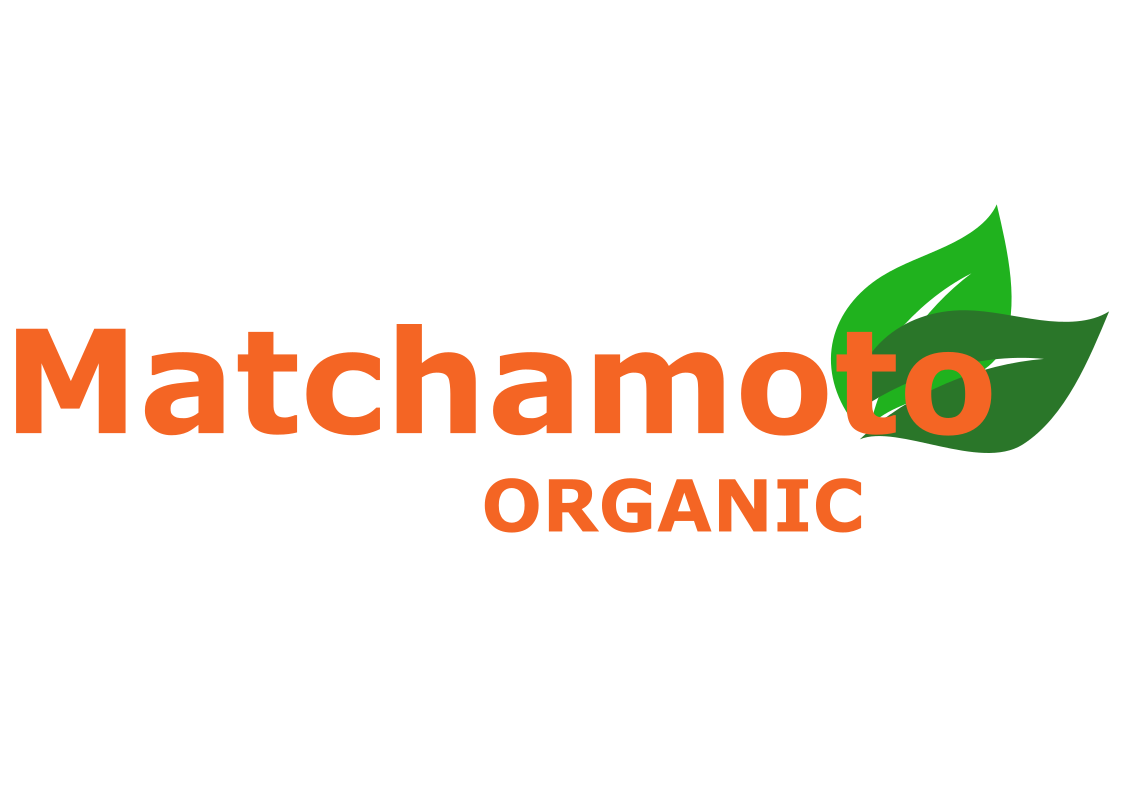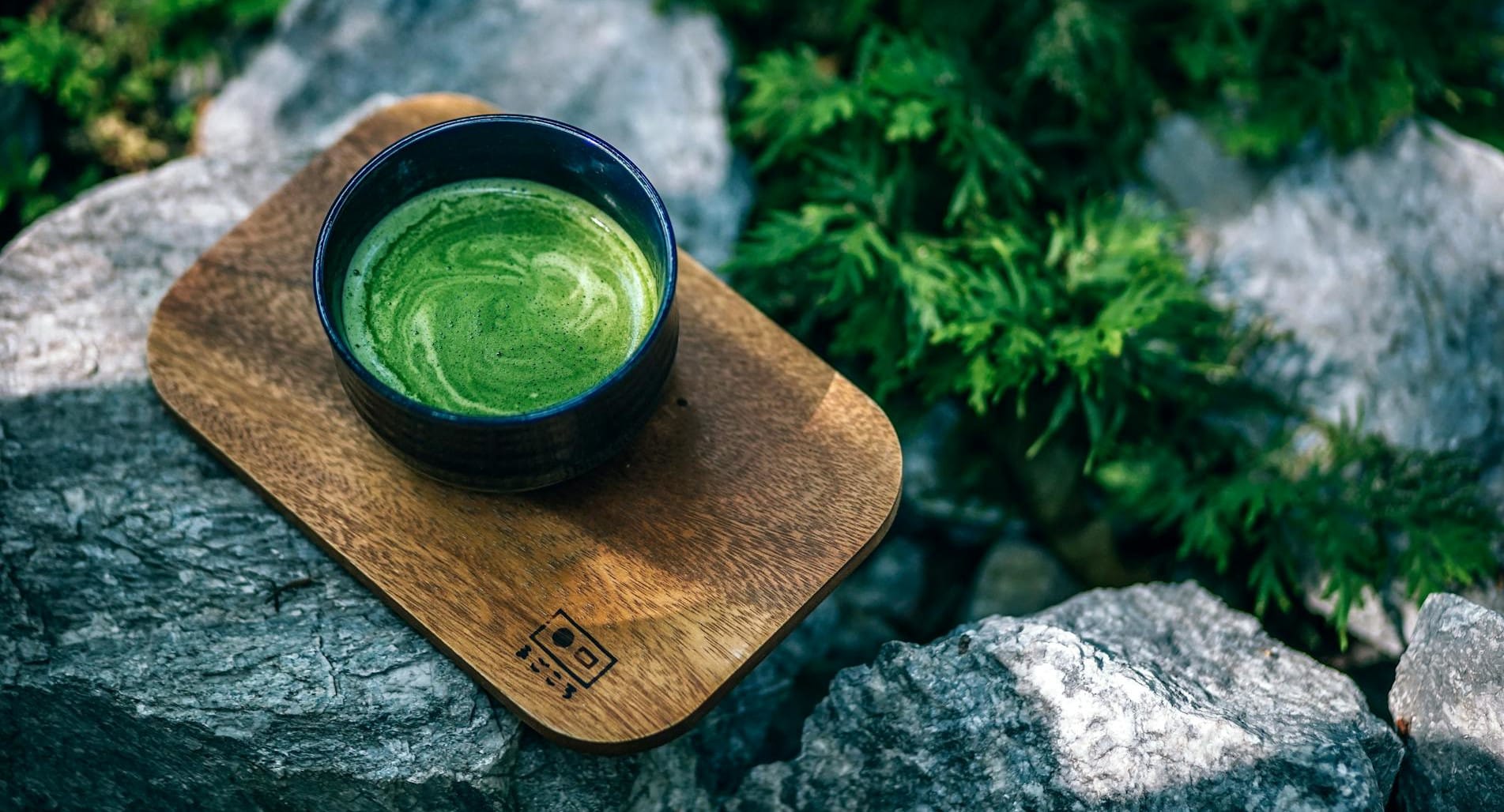Japanese Matcha Farming And Organic Matcha Green Tea Powder
Matcha farming in Japan
Interestingly, matcha farmers have been employing similar techniques for decades in the cultivation of matcha tea plants. Notably, there is no distinction in the physical growth process of matcha tea plants between organic and non-organic varieties.
The variations actually stem from the farming practices. To be classified as “organic matcha”, Japanese green tea powder farming must adhere to specific regulations. The key difference lies in the use of organic fertilizers and other natural products. A comparison between organic and non-organic matcha tea powder fields reveals that non-organic farmers still resort to pesticides and chemicals to protect their plants from pests.
Natural substances are utilized in the cultivation of organic matcha, with stricter regulations in place for fertilizers to ensure the use of only natural ingredients. This results in modern organic matcha closely resembling the traditional organic Japanese matcha of years past. Historically, Japanese farmers practiced organic farming since chemicals and pesticides were not in use. Hence, it can be argued that organic matcha is more in line with traditional practices compared to non-organic matcha.
When choosing Japanese-produced matcha tea, it’s important to acknowledge the strict agricultural policies in Japan, meaning even non-organic Japanese matcha will have lower levels of pesticides and chemicals compared to other non-organic varieties. Also discover about the different grades of matcha here.
Matcha Color & Taste
When comparing organic matcha with non-organic matcha, the emphasis is on considering the differences in color and taste. What sets organic matcha apart from its non-organic counterpart in this regard?
The distinction primarily originates from the practices of organic farming. With the absence of pesticides and chemicals, organic matcha flourishes naturally. It absorbs pure nitrogen and can acquire a unique flavor profile. Consequently, most individuals tend to agree that organic matcha possesses a more earthy taste. Additionally, it exhibits a more vibrant hue compared to non-organic matcha, which typically appears as a lighter green tea.
In general, organic matcha appears more vibrant and has a natural, earthy flavor. Conversely, the non-organic variation is somewhat more refined in both taste and appearance.
Environmental Impact and Sustainability
The choice between organic and non-organic matcha tea powder not only influences the quality and health advantages, but also plays a role in environmental conservation. Organic matcha is created without the utilization of artificial pesticides, herbicides, or chemical fertilizers, encouraging sustainable farming methods. Opting for organic matcha helps in endorsing environmentally friendly farming practices and aids in the conservation of the natural ecosystem.
Organic matcha farming methods prioritize soil health, biodiversity, and water conservation, reducing the carbon footprint and minimizing environmental pollution. On the other hand, non-organic matcha may involve harmful chemicals that can contaminate soil and water sources, potentially harming wildlife and surrounding ecosystems.
Taking into account the environmental impact of the matcha you choose can support your dedication to sustainability and caring for the environment. Choosing organic matcha not only improves your health but also shows your endorsement of environmentally responsible and eco-friendly tea production.
Is Organic Matcha Tea Better?
In the end, when comparing the two options, organic matcha would be the preferred choice. Similar to other organic products, it is healthier for you overall. By avoiding pesticides and artificial chemicals during growth, the tea plants maintain their natural composition. This results in a more pure plant to create tea from, making it a better alternative to processed and altered products.
Furthermore, the flavor is significantly superior. It is important to note that individuals have varying taste preferences. Some individuals may find a sweet tea more pleasing. However, organic matcha offers a more authentic and earthy flavor. It truly embodies the essence of tea, as opposed to an artificial taste. It is reminiscent of the traditional matcha cultivated in Japan years ago. There is a savory undertone that makes it enjoyable to drink in any situation.
The same can be said for the scent! It has a more pleasant aroma, resembling a lush matcha tea plantation. The natural earthy and fresh scent sets it apart from other varieties of matcha green tea. Many individuals find that the non-organic variety has a different, artificial smell.

